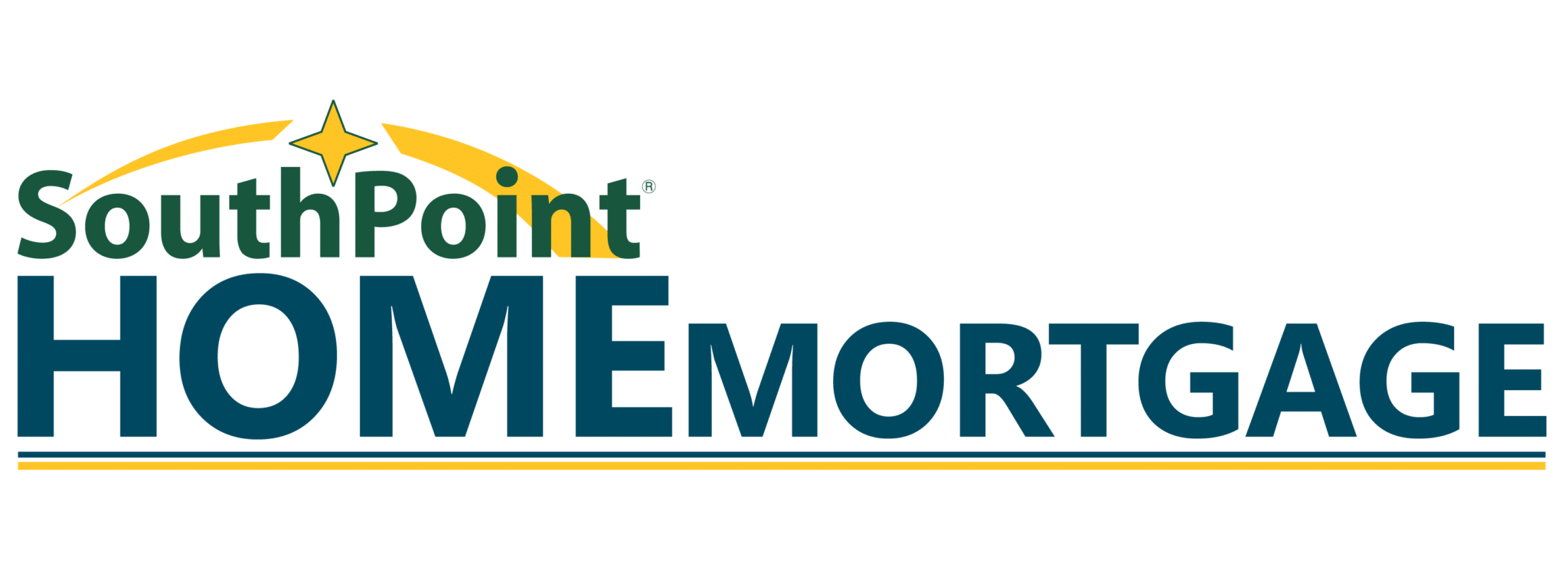Buying a home is one of the biggest financial decisions you’ll ever make, so it’s important to not rush into it. It may feel like you’re throwing away money while renting (especially if your mortgage payment could be cheaper than your rent), but you may be able to avoid other expenses that homeowners incur. Before you take the step to purchase a home, ask yourself these questions.
What extra expenses come from home ownership compared to renting?
Common escrow items like property taxes, homeowner’s insurance, and possibly mortgage insurance are all expenses in which the home owners are responsible. Outside of that, you’ll be responsible for mowing the lawn, removing snow, and all of the maintenance needed inside and outside of the home. This may require purchasing a lawn mower, snow blower, yard work tools, and more.Then, there are the unforeseen expenses that come up. For example, shortly after I moved into my first house, my sump pump stopped working overnight and I woke up to water in my basement. Other maintenance items my wife and I have done include painting the house, replacing a roof, putting in an air conditioner, and replacing appliances. Some of those items may not have been a necessity for us at the time, but if an appliance stops working, it’s important to you have the room in your budget to buy a new one.
Do you have enough money saved for a down payment and closing costs?
All of our loan programs at SouthPoint require a minimum of a 5% down payment. So, if you are looking at a home in the $100,000 range, that would mean a down payment of $5,000. However, there are closing costs involved in a loan that will bring your total cash needed to close above that number. There is also the option of having the seller help with some of the closing costs. If there will be no seller credit on a $100,000 purchase price, you should budget for 5% cash down plus another 3-4% in closing costs, which could total between $8,000-$10,000.
Does your down payment leave you any money in your savings?
This ties in with the first point in talking about unforeseen expenses. If most of your money was spent on the down payment and closing costs, what will happen if your refrigerator stops working? You may have saved up for years to afford to buy the house, but did the purchase leave you with little to no money left in savings? If so, you may need to re-work your budget in an effort to rebuild your savings to prepare for the unexpected costs that can and will come up at some point.
Owning a home is an adventure! You can plan out your start point and your end point, but the process will always be a little different for everyone. If you feel prepared to take the plunge, go for it, making sure to set yourself up for financial success by considering in advance the surprises that arise from home ownership. You can reach out to any of our Mortgage Loan officers in Sleepy Eye, Springfield, New Ulm, St. Peter, North Mankato or Hutchinson and they would be happy to work with you.
